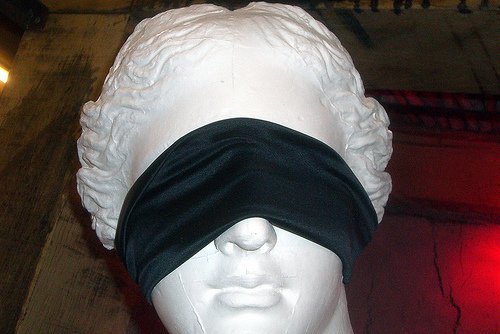 The people who sit in judgment on the adequacy of your b-22 and your means test calculation have never prepared one. What other endeavor can you name where the arbiters are utterly without experience?
The people who sit in judgment on the adequacy of your b-22 and your means test calculation have never prepared one. What other endeavor can you name where the arbiters are utterly without experience?
This first came up for me when counsel for a Chapter 13 trustee recounted something I’d told him months ago ( I hope politely) that he’d never had to draft a means test. It must have resonated because he fed it back to me later.
But the truth of the observation was underlined when I asked Judge Jaroslavsky after his presentation to new bankruptcy lawyers about the ethics and good practice in collecting the client’s signature on a B-22. I have always winced when I present the form for signature since there isn’t a snowball’s chance in hell that the client understands the purpose or the practice of the form; they simply take my word that it’s truthful.
In response to my question about how an attorney ought to handle the issue, the judge was disarmingly candid. I don’t know, he said. I’ve never had to prepare a B-22.
My father, a horseman since he could toddle, used to say about training a mule: once is an accident; twice is a habit. When the same sentiment issues twice from the mouths of judges and trustees, I take notice.
Consider, then, that if you carefully assemble the figures necessary for B-22, and struggle with the all-too-frequent deviation in household composition or income stream, you have experience that the people who sit in judgment of the result don’t have.
That doesn’t mean your mere experience makes you right and them wrong. But it does mean that you must be prepared to explain your approach and teach them how it’s done when the statute meets the real world. For a long time, I have looked at the means test as an opportunity for advocacy. A couple of Supreme Court decisions haven’t changed my view.
Image courtesy of gastev.






